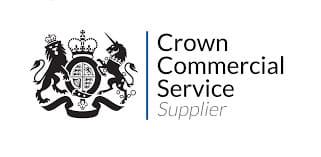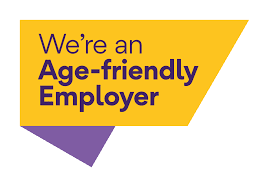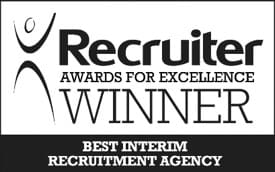Moving into 2021
The last 12 months have put organisations across the globe into turmoil. Some have seen an increase in demand for their products or services and others, sadly, have seen their operations severely impacted. Almost all have had to make big changes due to Covid-19 restrictions.
As the first month of 2021 draws to a close it’s clear that our working lives won’t be returning to ‘normal’ any time soon. If anything, 2021 has reinforced the need to approach our day to day lives in a different way.
The sudden impact of the pandemic last year meant that employers and employees had to act and adapt very quickly – they had to empty offices, set people up to work from home, resolve technology challenges and ultimately, find a new way to work. Any existing policies and procedures or learning and development plans needed to be revisited to assess their suitability under the current conditions. The implications of these actions were huge and HR professionals were at the forefront, supporting organisations and their people through the crisis. In 2021, HR professionals are still in a critical role at the top table, leading on initiatives and developments to ensure that people-focused strategies are aligned with the business and new ways of working.
CIPD reported that organisational surveys show that employees would like to continue with more home working, but with the option of coming into an office to collaborate, meet up with colleagues and have the face-to-face interaction that is currently missing for most people. Going forward, organisations will need to ensure that this balance is achieved, creating those moments of connection alongside providing flexibility.
Organisations need to consider a host of new workforce-related challenges. How will they attract and retain their employees given the changing expectations? While many are trying to hold on to their jobs, this time has also encouraged others to reflect, reassess and think about what they want out of life. Organisations risk losing their best talent if they don’t take their changing needs on board. How do you differentiate yourself as an employer? If all working environments are now effectively the same – home – what makes you stand out? What can you do to attract new talent, and retain the talent you already have?
Organisations need to embrace autonomy and openness within their workforce. With our personal and professional lives now existing under one roof, employees need the freedom to go about their working day in a way that suits them, and that might not be in the usual 9 to 5 arrangement. Expecting employees to be in front of a laptop all day, on back-to-back video meetings or available at a moments notice is no longer viable. The working day needs to include time focused on work and time out to fulfil personal commitments. It should also include more relaxed interactions with colleagues to build on and maintain those relationships. Employers need to empower their employees to work in a way that makes them most effective.
To get to this point leaders need to be equipped to understand, manage and communicate with their people, with the knowledge that a blanket approach is not always suitable. The role of the line manager should be encouraged, and they need to be interested in and aware of the mental health, wellbeing, inclusion and development of those they are responsible for – initiating conversations and dealing with people on an individual basis. This is the only way for an organisation to reach everyone and provide the support they need in their unique circumstances.
By Melissa Baxter, Managing Partner, Russam

Contact us
Call us on 07930 356305 or email HQ@russam.co.uk








